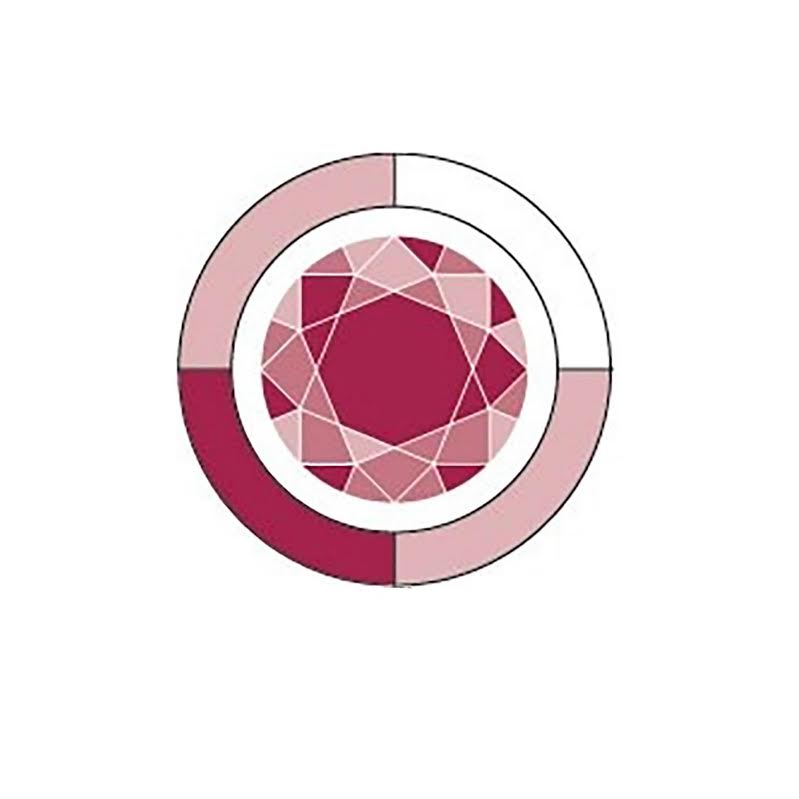Small businesses may soon be able to receive a bonus tax deduction as an incentive to electrify their operations if a government proposal becomes law.
Small businesses with an aggregated annual turnover of less than $50m could soon get a bonus 20% deduction for the cost of eligible depreciating asses that support electrification and more efficient use of energy.
While the proposal is still under consultation, once implemented the bonus deduction will apply to eligible assets first used or installed, and eligible improvement costs incurred, between 1 July 2023 and 30 June 2024.
Eligible depreciating assets include any asset that: uses electricity and there is a new reasonably comparable asset that uses a fossil fuel available in the market – for example, an electric reverse cycle air-conditioner in place of a gas heater may be considered to be an eligible depreciating asset.
However, the asset must be reasonably comparable to a new asset that uses fossil fuel available in the market at the time it is first used or installed ready for use.
Assets will not qualify for the bonus deduction if the only reasonably comparable asset that uses fossil fuel is a second-hand asset, uses electricity and is more energy efficient than the asset it is replacing or, if not a replacement, a new reasonably comparable asset available in the market – an asset that uses electricity may be eligible for the bonus deduction even if there is no comparable asset available on the market which uses fossil fuel, in which case the energy efficiency of the asset will determine its eligibility.
Otherwise, the energy rating label could be used the compare energy efficiency, is an energy storage, demand management or efficiency-improving asset – an asset may be eligible for the bonus deduction if it enables the storage of electricity, or the storage of energy that is generated from a renewable source (eg batteries).
Assets can also qualify if they allow energy to be used at a different time (eg time-shifting devices) or are used in monitoring energy use (eg data-logging devices).
In order to claim the bonus deduction, the business must make the expenditure for a taxable purpose; therefore, costs will need to be apportioned if the asset has a mix of private and business use.
There are also assets specifically excluded from the bonus deduction even where they would otherwise meet the requirements, consisting of:
- assets, and expenditure on assets, that can use a fossil fuel, unless the use is merely incidental (eg solar hot water systems that use gas to heat water when there is no solar-heated water available is not eligible);
- assets which have the sole or predominant purpose of generating electricity (eg solar panels);
- capital works;
- motor vehicles (including hybrid and electric vehicles) and expenditure on motor vehicles;
- assets and expenditure on an asset where expenditure on the asset is allocated to a software development pool;
- and financing costs, including interest, payments in the nature of interest and expenses of borrowing.
If both the small business and the asset meet eligibility requirements, the amount of bonus deduction is 20% of the total eligible cost, up to a maximum of $20,000 across the bonus period. The $20,000 cap is a limit on the total bonus deduction that may be claimed across multiple assets.

Nadine Rawlings Garnet Business Services
If you’re unsure about your personal or business situation and would like some support and guidance, please reach out.
Find out how we can work together on our Services Page. https://www.garnetaccounting.com.au/services/
Email reception@garnetaccounting.com.au or click to book an appointment below.
Did you know we are busy over on our social media with a more relaxed vibe? If you want to get to know us better, head over to Instagram. https://www.instagram.com/garnet_business_services/

